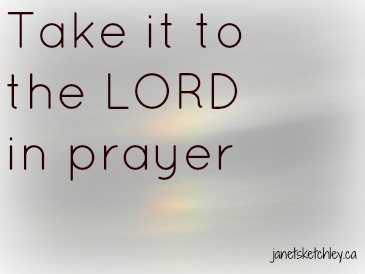An idol is nothing but a tree chopped down,
then shaped by a woodsman’s ax.
Jeremiah 10:3b, MSG*
In 21st century North America, the idea of calling an inanimate object “god” sounds foolish. We’re so far advanced from that primitive idea. We know a statue has no power.
We’d never worship something like that. Not in the sense of offering sacrifices to it, or of praying for its help.
But what if an idol is anything that takes first place in our lives, anything that replaces or reduces our adoration of our Saviour?
Maybe we’ve just build more sophisticated ones. Not out of wood or metal, but out of our wants and needs. Cars, houses, technology. Mates, children, pets.
Everyone has wants and needs. God knows that. But He wants us to “seek first his kingdom and his righteousness, and all these things will be given to you as well.” (Matthew 6:33, NIV**)
We can’t claim “He will give us all things” literally—as evidenced by the lack of a red Corvette in my driveway—and more seriously as evidenced by the many hungry and oppressed Christians around the world.
But God deserves first place in our hearts, minds and spirits. When we align under His authority, we can rest in His sufficiency and His presence. With Him, we can pass through the hard times and come out the other side, even if that other side isn’t until we die.
It all comes back to trusting God. Putting him first. Checking our other affections to be sure they haven’t begun to crowd Him out. Restoring our perspective wherever it’s needed.
Holy God, You alone are worthy of our worship, praise and adoration. You’re the giver of all good things. Forgive us for the times we’ve allowed good things to usurp Your place in our hearts. Help us to appreciate Your gifts but to worship the Giver.
∞
Matt Redman‘s song, “One Name Alone,” reminds us where to focus our adoration.
*The Message (MSG) Copyright © 1993, 1994, 1995, 1996, 2000, 2001, 2002 by Eugene H. Peterson
**New International Version (NIV) Holy Bible, New International Version®, NIV® Copyright © 1973, 1978, 1984, 2011 by Biblica, Inc.® Used by permission. All rights reserved worldwide.


